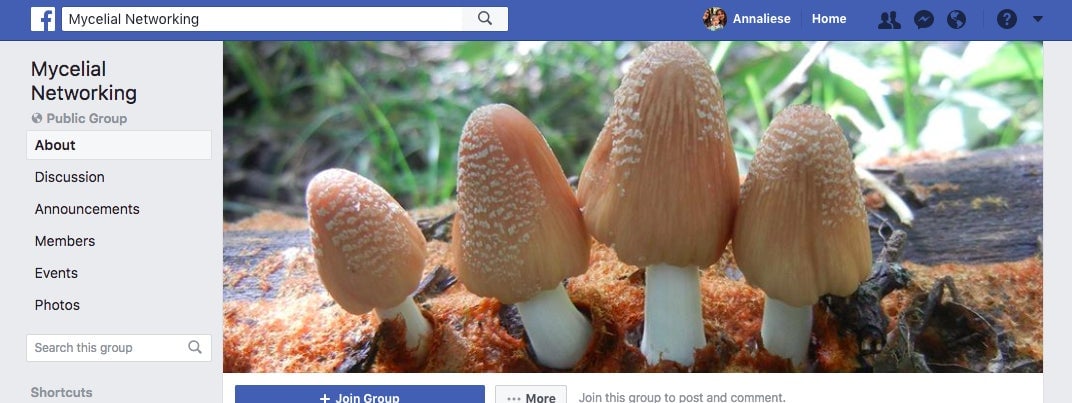Facebook is a mess, but some users can’t afford to delete their accounts
A few weeks ago I struck up a conversation with another parent at our local indoor playspace. We chatted about our small town and how hard it is for toddlers to get enough activity in the winter while my son climbed the pirate ship and hers banged on an old piano. When she packed up to leave we didn’t exchange phone numbers or email addresses—we confirmed that we’re both on Facebook and vowed to friend one another, which we did later that day.


A few weeks ago I struck up a conversation with another parent at our local indoor playspace. We chatted about our small town and how hard it is for toddlers to get enough activity in the winter while my son climbed the pirate ship and hers banged on an old piano. When she packed up to leave we didn’t exchange phone numbers or email addresses—we confirmed that we’re both on Facebook and vowed to friend one another, which we did later that day.
I’m as pissed as anyone about the way that Facebook misused data. I’m a journalist who owns a share in a small, independent media company that has seen ad revenues decline dramatically over the past few years—largely because of competition from Facebook (and Google)—so I have a natural animosity toward the social media giant. I refuse to install Facebook Messenger on my phone because it at least gives me the illusion of control over my data. But I won’t be deleting my account any time soon. As someone who lives in a small, rural community it’s far too useful to me.
In Southern Vermont where I live, most businesses don’t have standalone websites, they have Facebook pages and Instagram accounts. When my son’s preschool is cancelled because of a snow day, they don’t use a calling tree to let us know, they post it on the school’s Facebook page. I scored a great carseat for my infant daughter from another family in town on the local parents network page, at a fraction of the original price.
It’s not just parent stuff like toddler playgroups and free baby-yoga classes either. Women’s circles, pizza pop-ups, movie nights and information about local CSAs are all best found on Facebook in my community. In other words, social media, perhaps especially Facebook, is just a tool. And how you feel about it depends on how you use it.
I’m in no way saying the way that Facebook handled our data is okay. I’m saying that social media is here to stay, so boycotting it simply won’t work. What we need is to bring the legal and regulatory system into the 21st century. Those user agreements that we all click without even pretending to read? That’s just the most glaring example of our nearly universally accepted powerlessness in the digital arena. And quitting Facebook helps restore the veneer of actual power.
Indeed, part of the appeal to quitting Facebook is that there is no protocol for holding the company accountable in any other way—to hold power over the giant in an real form. But this is a failure that’s way above the average user’s ability to address on their own. A tepid apology and vow to do better from Mark Zuckerberg, isn’t going to fix this problem.
We should all be concerned about our data (here’s a good guide to dealing with Facebook and privacy), but this is just confirmation of something many of us have suspected for a long time. The social network’s program Free Basics, for instance, has been criticized for egregious data harvesting in developing countries. Why would we think Western users would be exempt from this? For me, the moment social media snooping got really real was when my mom text messaged a link to a balance bike she wanted to buy for my son and an hour later that same bike appeared as an ad in my Instagram feed. Creepy AF.
Despite all this I’ll keep using Facebook, because it makes my life easier and better. My town is filled with thriving local businesses and community groups, that’s part of the reason we moved here. They rely on the ease of use that comes with a Facebook page, rather than maintaining a standalone website that can’t be updated via smartphone—and that would probably look clunky and outdated after a year or so, like most web design.
I also genuinely like small user groups like Wok Wednesdays. There are thousands of private Facebook groups dedicated to interests like mycology, ultralight backpacking and machine embroidery. It’s genuinely cool to poke around and see the enthusiasm users share for IRL activities and how social networks can deepen and develop those passions, which are proven to make us happier.
Sure, Facebook can make you feel bad about your life and if it does that with no other tangible benefit, get rid of it just like that sparkly top you spent too much money on and finally jettisoned from your closet after Marie Kondo said it was okay. I won’t #deletefacebook though. It’s too useful.